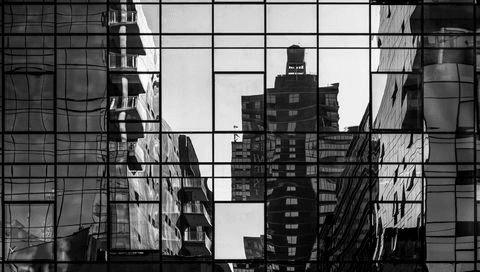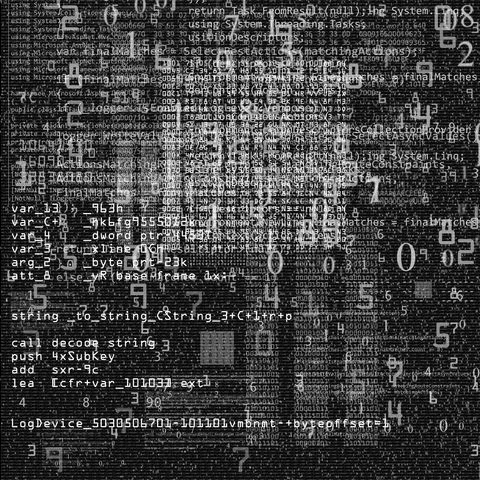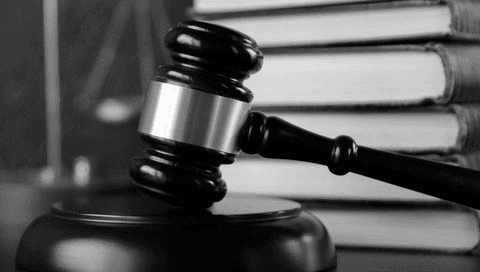The Federal Circuit recently ruled that a petitioner in an inter partes review (IPR) proceeding with related district court litigation cannot recover attorneys’ fees under 35 U.S.C. § 285. The Federal Circuit further held that Section 285 does not extend liability for a fee award to counsel.
After being sued for patent infringement along with eight other defendants, Appellants filed an IPR petition challenging the lone patent-in-suit. The IPR was instituted, and as a result, the district court stayed the case as to Appellants, but continued with the case against the remaining eight defendants. Shortly thereafter the court issued its claim construction order, all parties stipulated to non-infringement and judgement was entered for each defendant. The Patent Trial and Appeal Board’s (PTAB) final written decision that all asserted claims were unpatentable followed.
After a series of appeals left the outcome of the district court case and IPR unchanged, Appellants filed a motion for attorneys’ fees in the district court. Specifically, Appellants moved to recover the attorneys’ fees they incurred in the district court litigation and IPR, and sought to recover those fees from plaintiff and its counsel on theory of joint and several liability. The district court awarded the Appellants’ fees for litigating in the district court, but refused to award fees for the IPR or against plaintiff’s counsel.
On appeal, Appellants argued that because the IPR was “‘part and parcel’ of the case,” the optional nature of an IPR filing should not preclude recovery of fees under Section 285. The Federal Circuit disagreed. Because Appellants made a voluntary and strategic choice to pursue an IPR rather than litigate validity in the district court, they were not entitled to fees for the IPR. As the court explained, if fees were awarded for IPRs, then the district court would be placed in the odd situation of evaluating the exceptionality of conduct in which it had no involvement.
The Federal Circuit also refused to apply the fees award to counsel. According to the court, attorney liability is more appropriate in cases where statutes or rules expressly identify counsel as a liable party. Because the language of Section 285 is silent as to whether counsel may be found liable for attorneys’ fees, the court refused to extend it to counsel in this case. This outcome made particular sense here, where exceptionality was based on substantive litigation positions and not the manner in which the case was litigated.
Practice Tip: Defendants in litigation who choose to challenge validity before the PTAB should be aware that, if successful, they may not be able to recover attorney fees in the district court. Likewise, fees may never be recoverable in cases where a party is “judgment proof” because it is unlikely that a court will find counsel for that party liable for fees absent some form of litigation misconduct.
Dragon Intell. Prop. LLC, v. Dish Network L.L.C., Case Nos. 2022-1621 and 2022-1777 (Fed. Cir. May 20, 2024)




